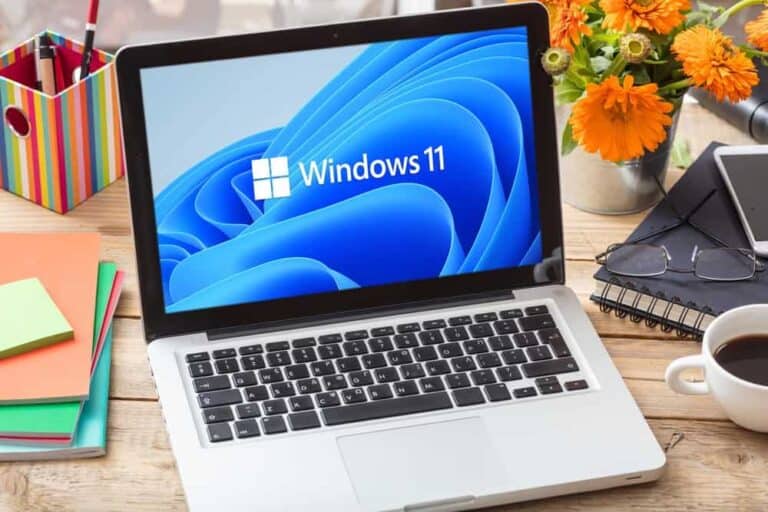Microsoft plans to introduce “hot patching” when Windows 11 24H2 launches. In the latest Dev Channel build, certain users can already install an intermediate update without rebooting their PC. Required reboots won’t be a thing of the past entirely, however.
Behind the scenes, Microsoft is busy working on Windows 11 24H2. The annual OS release will implement several major innovations, to which one can now be added. According to sources at Windows Central, Microsoft will introduce “hot patching” later this year, the practice of not having to restart a PC after installing a monthly update.
Tip: No Windows 12 in 2024, but Windows 11 24H2: these are the main features
Select Insider Preview members can already take advantage of this feature. Build 26058 has been available since mid-February, but those with Virtualization Based Security (VBS) enabled will receive update 26058.1400 (KB5036080) without the usual reboot. VBS allows users to add a new virtual environment that becomes the “root of trust” of the OS. VBS “assumes that the kernel can be compromised,” according to the Microsoft documentation. In addition, it implies that the kernel can thus be provided with an update without the system failing.
No new innovation
Now, it’s not the case that rebooting a Windows PC is a thing of the past. Microsoft reportedly plans to implement monthly updates (the well-known “Patch Tuesday” releases) this way, but larger updates will still require a reboot.
This is consistent with what specific Windows Server variants allow. In 2021, Microsoft explained that hot patching was initially primarily intended to prevent downtime. This should prevent many security threats for server environments because users would not have to delay necessary patches. Even there, an actual reboot will still have to take place every three months to avoid unnecessary complexity.
Of course, security is also a crucial issue for ordinary Windows users, but Microsoft will probably implement the innovation primarily to enhance the user experience. After all, forced reboots sometimes count as annoying, awkwardly timed necessities.
